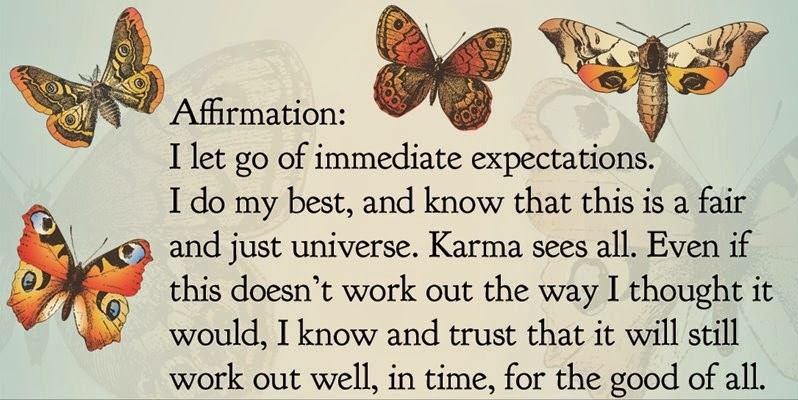 |
| Week 19 - the letter "J" |
One of my favorite ways to visually show and express my spirituality involves wearing my pentacle necklace. It's a very simple method but one that is universal. Many people wear symbols of their religion via jewelry - pentacles, ankhs, crosses, the Star of David, etc. - to show their pride in their belief system, as a mode of honor and respect, and just to have that physical reminder or touchstone to remind them of their spiritual dogma. I wear my pentacle for all of those reasons.

In the past, I've had people tell me I wear my pentacle openly for shock value. That is simply not true. My spirituality is very near and dear to my heart and is an essential component of who I am. I wear my necklace as a statement of my religion. It is no different than someone who elects to wear a crucifix.
I've had my pentacle for many years. It is a simple, silver pentacle that is slightly smaller than a dime. I don't remember when or where I got it or how much it cost but it is special to me. I wear it every day and only take it off when I shower. In fact, I feel "naked" if I'm not wearing it.
Random people have asked me what it means. I'm open about it and, depending on the situation, I give them the full story. If the situation seems to be more touchy, I generally say that it is an expression of my spirituality. We then go from there. I have been asked if it is a Star of David or if I worship the devil. I'm always sure to clarify when that happens.
Because my spirituality is constantly evolving, I have been feeling the need to find a different symbol to wear to express myself. Some good friends are jewelry designers and one of their designs caught my eye and my heart.
The decagram is a 10-point star that is made up of an up-right pentacle and an upside-down pentacle. The
Mithros Designs description:
This double-sided pendant features an upright pentacle on the front and an inverted pentacle in the back, combining to form a decagram. This pendant is reversible so that either pentagram can be in the front and features a very attractive fixed bail.
In some traditions, this symbol is the sign of the power of becoming whole: when one accepts and purifies the animal nature and opens to and connects with the divine nature.
In Feri, this is called the Copper Decagram, the marriage of iron and pearl. We offer this pendant in 10k rose gold, which has a copper color and the highest copper content of the non-tarnishing, jewelry-grade metals. It is also available in tarnish-resistant sterling silver and in pewter.

For me, the main representation is the duality and balance that is important to me in my practice. One
pentacle represents one side - life, black, hate, etc. - and the other pentacle the polar opposite - death, white, love, etc. Neither side is completely positive or negative. Each has its powers and strengths and is beautiful in its own right. But combine the two, forming the decagram, and the support and beauty is something to behold. It is balance and whole.
I purchased my decagram in November and wore it for many weeks but have reverted to my pentacle. I don't feel that I'm quite ready to wear it daily. I need to earn it and deserve to wear it by digging deeper into my spirituality. I need to answer some questions that I don't yet know. I want to be able to have it represent me in a way that is genuine and correct. Time will tell when that will happen.
Until then, I will wear my pentacle with pride and explain it to those who ask. It is a symbol that I hold close to my heart and have always viewed as a perfect representation of my spirituality. It also exemplifies many of the aspects of my belief system.



.jpg)







